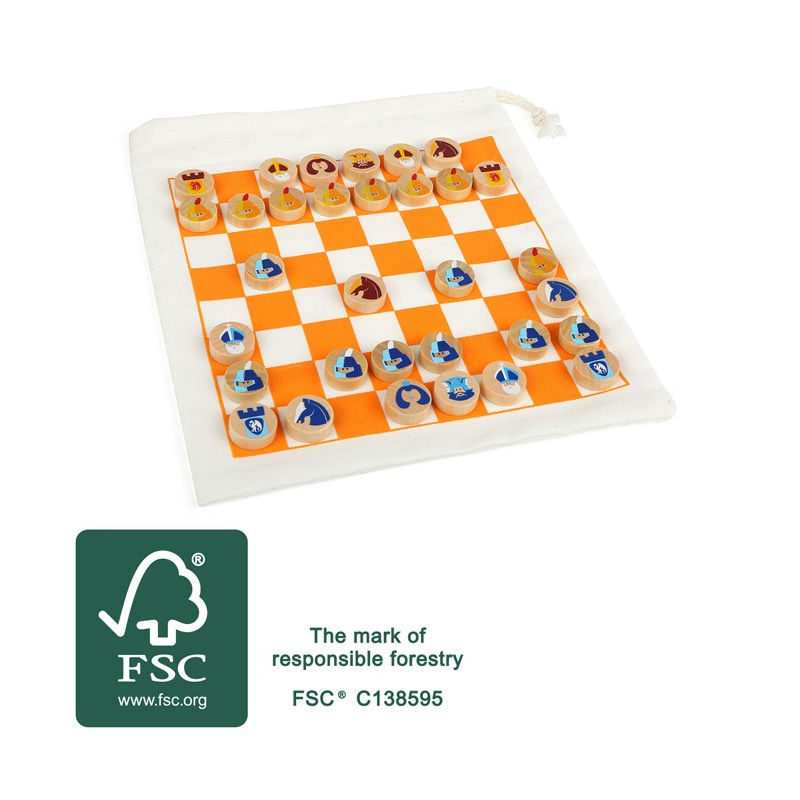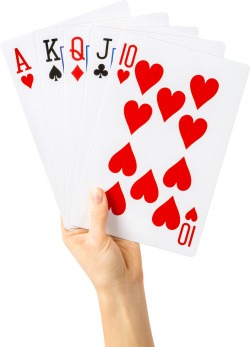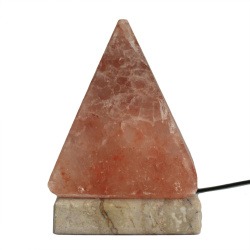
Magic mug with birthday...
µ
How to take care of and preserve a mug, a magic mug. It is essential to take care of the gift you have received or the magic mug you have bought for yourself in order to keep it as long as possible. It is therefore advisable to follow a few essential guidelines: - It is not advisable to leave a magic mug in the sun for a long period of time as the ultraviolet rays will damage the different shades and colours of your beloved mug and the magic effect will have lost its desired effect. - Your magic mug with such qualities deserves to be hand washed, hand washing will keep it for a long time; however I have seen some websites that allow you to wash magic mugs in the dishwasher ..... However, the wise man will tell you that it is best not to go through the dishwasher. Do not use sharp tools or steel wool to wash the mug for fear of scratching the heat sensitive coating. Also, heating a liquid (water, tea, coffee, soup etc...) in your magic mug with a microwave is not recommended. These devices have a negative effect, damaging the photos, images and texts on your magic mug. Therefore, "caution is the better part of valour". You should therefore take precautions to avoid damaging your precious magic mug. Magic mugs with your child's age are great gift ideas for kids, what could be more essential for a birthday than a customisable magic mug for children. Your child will never want to use another mug again with this original gift for kids. Fun ideas to personalise gifts for kids are on Gifts-custopolis.com, the original magical gifts for children for an unforgettable birthday.
- Personalisable























































